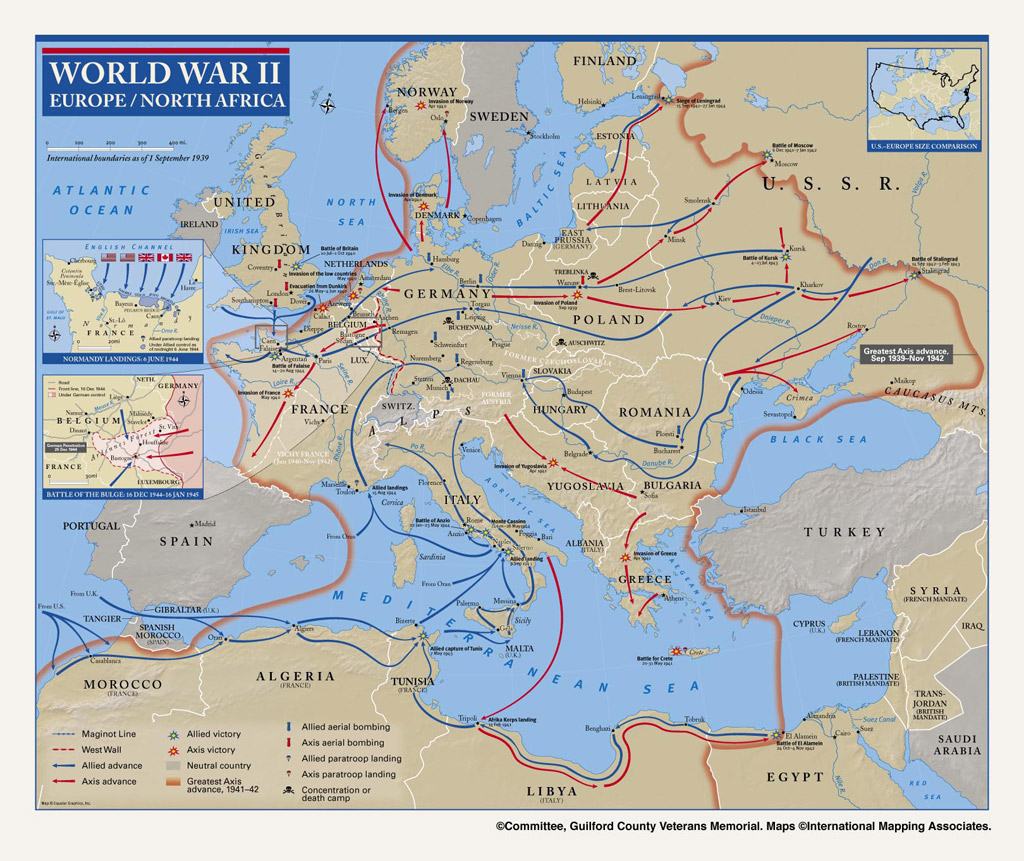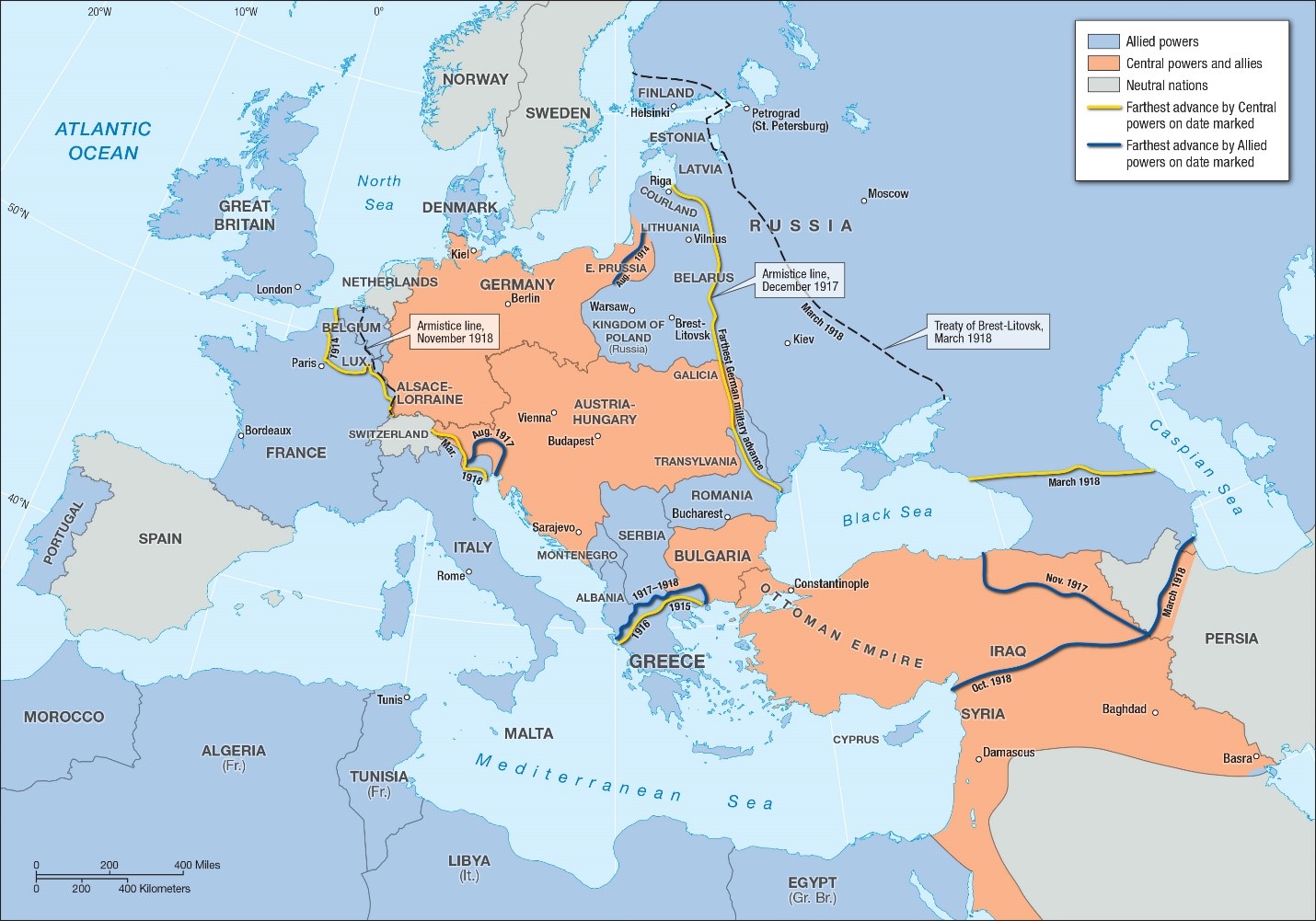
Merkel’s decision to phase out all nuclear energy plants by this year may have to be revisited. The bloc’s commitment to accelerating the shift to renewable energy while reducing its dependence on Russian energy has big implications for the German coalition. Second, now that the certification of Nord Stream 2 is stopped and big energy companies, including BP and Shell are quitting Russian ventures, Europe will have to speed up building liquefied natural gas terminals. They will require substantial economic and political assistance anchored in a new perspective about their long-term relationship with the EU. Russia’s military onslaught against Ukraine has made these countries insecure and vulnerable. Russia’s invasion of Ukraine begs big questions about the EU’s relations with Moldova, Armenia, Georgia, and of course Ukraine and Belarus. This means reassessing the enlargement template and the neighborhood policy, which is still so unclear about its goals. Strategically, the EU, with Berlin playing a major role, has to tackle several uncomfortable issues.įirst, the union needs a strategic policy toward Eastern partners. But one thing is sure: Europe can no longer return to its comfort zone. How this war ends will have profound implications for Germany, the EU, and the West. Russia’s invasion of Ukraine has changed all that. In short, the post–1991 peace dividend and the reunification of Germany, despite the subsequent wars in Afghanistan, in Iraq, the turmoil following the Arab Spring of 2011, didn’t fundamentally lead to a reassessment of Berlin’s role in Europe-or the West. As for defense spending, something which Merkel wasn’t interested in, let alone the parlous state of the country’s armed forces, Scholz said Germany would now be meeting the NATO target of spending 2 percent of its gross domestic product on defense. He halted the controversial Nord Stream 2 gas pipeline project. He supported the exclusion of Russia from the SWIFT international payment system. In a raft of decisions, with the United States pushing Berlin to discard its sentimental and delusionary beliefs about the post–Cold War status quo, Scholz tore up a rulebook that made relations with Russia central to Berlin’s economic, energy and foreign policies. Berlin now faces the immense challenge of making Europe strategically and politically relevant.Ĭhancellor Olaf Scholz has already moved with a speed that has shaken his own Social Democratic Party, pacifists, pro-Russia factions as well as the political establishment and the powerful business lobbies.

Russia’s invasion of Ukraine on Februhas finally shattered Germany’s illusions. Germany, led by Chancellor Angela Merkel from 2005 until November 2021, worked to shape foreign and economic policy to fit Berlin’s own agenda and interests, not Europe’s.

Little came of those ambitions related to autonomy. The Donald Trump years, so lambasted by most European governments, created a delusionary notion that the EU could go it alone in having its own strategic compass, but without understanding what was happening to the West during the post–Cold War era. And the bloc even harbored illusions that it was time to develop its own kind of “ strategic autonomy.” There was also an element of smugness about how it was the EU that was the leading the way for dealing with climate change. More recently, there has been much self-congratulating when the member states agreed an enormous spending fund so that European economies would recover from the COVID-19 pandemic. The one big and enduring success was the enlargement of the EU, aimed at making Europe whole and united. There was no coherent, consistent foreign and security policy that should have emerged after the Yugoslav Wars of the 1990s. There was little effort to defend the rule of law and uphold an independent judiciary inside the EU itself.


There was no common threat perception among the member states.


 0 kommentar(er)
0 kommentar(er)
